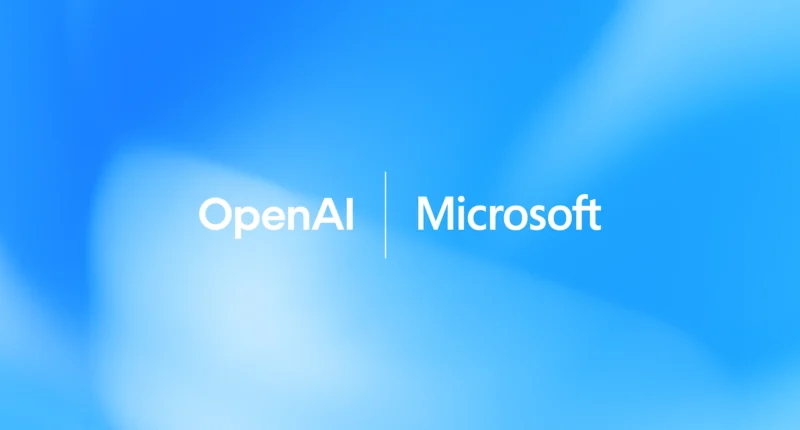Microsoft and OpenAI have signed a new definitive agreement that revises their partnership, with Microsoft supporting OpenAI’s transition to a public benefit corporation (PBC) and committing to an incremental $250 billion purchase of Azure cloud services.
The revised deal strengthens the partnership established in 2019 while refining terms to give both companies greater independence, Reuters reports, citing a Microsoft statement. Microsoft shares jumped four per cent on the news.
Following a recapitalisation associated with the move to a PBC structure, Microsoft will hold an investment in OpenAI valued at approximately $135 billion, representing about 27 per cent of the company, down from a 32.5 per cent stake before recent funding rounds.
Key elements of the partnership remain: OpenAI continues as Microsoft’s “frontier model partner,” and Microsoft retains exclusive IP rights for models and products, along with Azure API exclusivity, until OpenAI achieves artificial general intelligence (AGI).
However, the new agreement introduces significant changes:
- An independent expert panel must now verify any AGI declaration made by OpenAI.
- Microsoft’s IP rights for models and products are extended through 2032 and now include post-AGI models, even if AGI is verified earlier. Research-related IP rights remain in effect until AGI verification or until 2030, whichever comes first.
- Microsoft loses its right of first refusal to be OpenAI’s compute provider.
- OpenAI can now co-develop some non-API products with third parties and serve them on any cloud provider. API products developed with third parties remain exclusive to Azure.
- Microsoft can now pursue AGI independently, alone or with partners.
- OpenAI can provide API access to US government national security customers on any cloud provider.
- OpenAI can release open-weight models that meet specific capability criteria.
The existing revenue-sharing agreement remains in effect until the expert panel verifies AGI, although payments will be made over a more extended period. The restructuring could potentially clear the way for OpenAI to become publicly traded in the future, according to Reuters.











